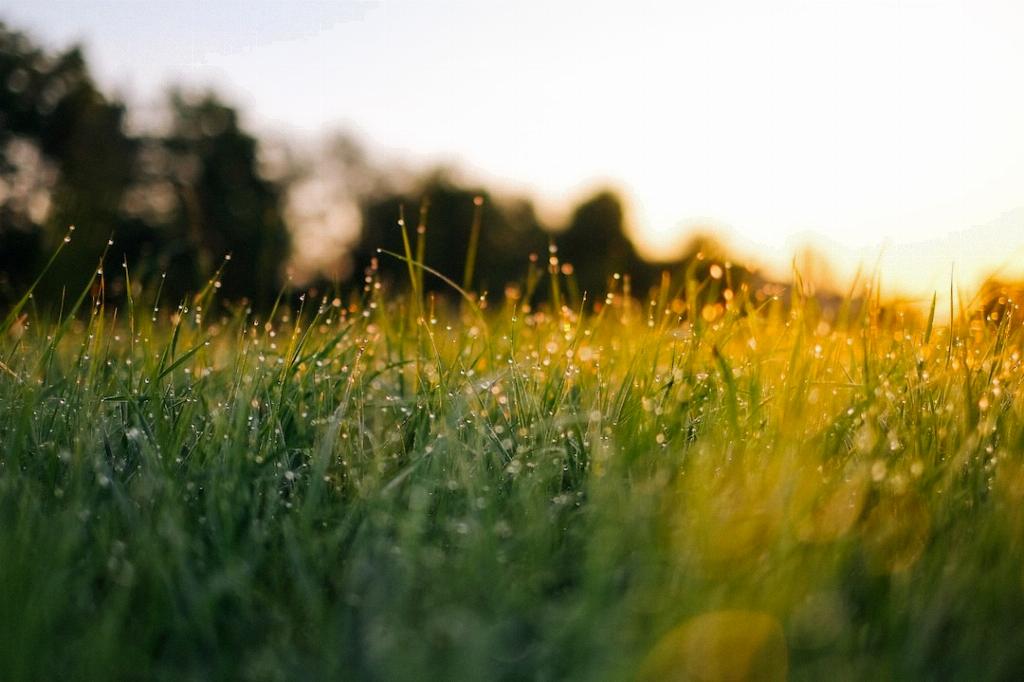If you’ve ever noticed unsightly mushrooms popping up in your lawn, you’re not alone. While these fungi may not be harmful to your grass, many homeowners prefer to keep their lawns mushroom-free. Fortunately, there are several effective strategies you can employ to eliminate mushrooms from your lawn.
Using Fungicides
One option for tackling mushrooms in your lawn is to use fungicides. These chemical treatments are designed to kill fungi, including mushrooms. However, it’s important to note that some fungicides can be harmful to other plants and animals, so be sure to read and follow the instructions carefully.
Natural Remedies
If you prefer a more natural approach, there are several household products that can help eliminate mushrooms from your lawn. Common items like baking soda, vinegar, dish soap, and lemon can be effective in treating mushrooms. When using these natural remedies, it’s essential to be mindful of the grass surrounding the mushroom to avoid any unintended damage.
Removing Moisture Sources
Mushrooms thrive in moist environments, so one effective way to prevent them from growing in your lawn is to eliminate sources of excess moisture. Ensure proper drainage in your yard, fix any leaky sprinklers, and avoid over-watering your lawn to create a less hospitable environment for mushrooms.
Improving Air Circulation
Poor air circulation can contribute to mushroom growth in your lawn. To improve air circulation, consider pruning back overhanging trees or shrubs, which can block sunlight and air from reaching your grass. Increasing airflow in your lawn can help prevent mushrooms from taking hold.
Adjusting Soil pH
Some experts recommend adjusting the pH of your soil to discourage mushroom growth. Mushrooms tend to thrive in acidic soil, so adding lime to raise the pH may help deter their growth. Conduct a soil test to determine the pH of your lawn and make adjustments as necessary.
Regular Lawn Maintenance
One of the best ways to prevent mushrooms from sprouting in your lawn is to maintain a healthy lawn through regular maintenance. Proper mowing, watering, and fertilizing practices can help create a robust turf that is less susceptible to mushroom infestations.
Utilizing Mulch Alternatives
If you use mulch in your landscaping, consider switching to mulch alternatives like gravel, rocks, or pine straw. Organic mulches like wood chips can create a conducive environment for mushroom growth, so opting for non-organic options may help reduce the likelihood of mushrooms in your lawn.
Thoroughly Remove Mushrooms
When you spot mushrooms in your lawn, it’s essential to remove them promptly. Use a trowel to dig up the mushrooms, including their roots, to prevent them from spreading further. Dispose of the mushrooms in a sealed bag to prevent spores from scattering.
Monitoring and Prevention
Regularly inspect your lawn for signs of mushroom growth and take proactive steps to prevent their recurrence. By addressing underlying issues like excess moisture, poor air circulation, and acidic soil, you can create an environment that is less hospitable to mushrooms.
Consulting with Experts
If you’re struggling to control mushrooms in your lawn, consider seeking advice from lawn care professionals or mycologists. These experts can provide insights tailored to your specific situation and recommend effective strategies for eliminating mushrooms from your lawn.
Conclusion
While mushrooms in your lawn may be a common sight, there are numerous strategies you can employ to eliminate them effectively. Whether you opt for fungicides, natural remedies, or preventive measures, taking proactive steps to address mushroom growth can help you maintain a healthy and mushroom-free lawn.

